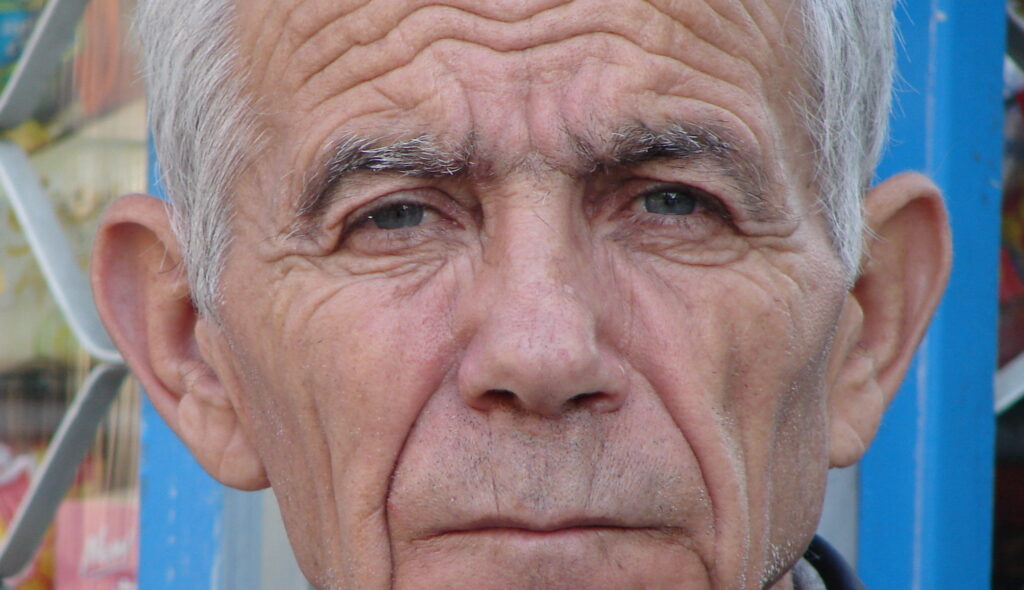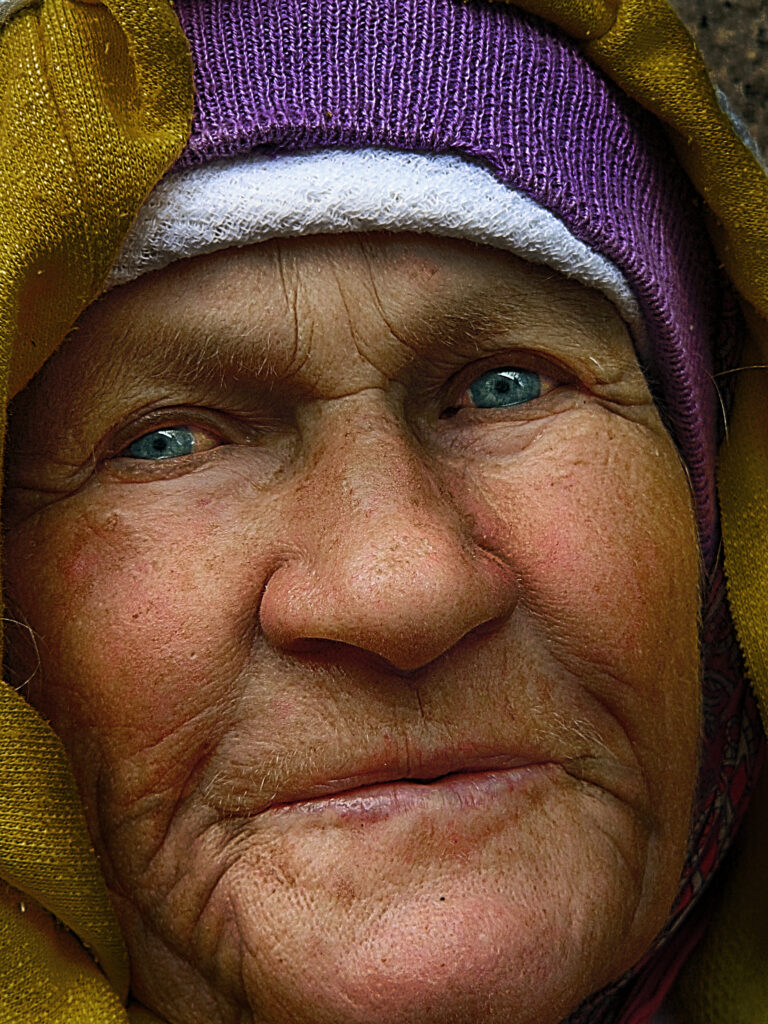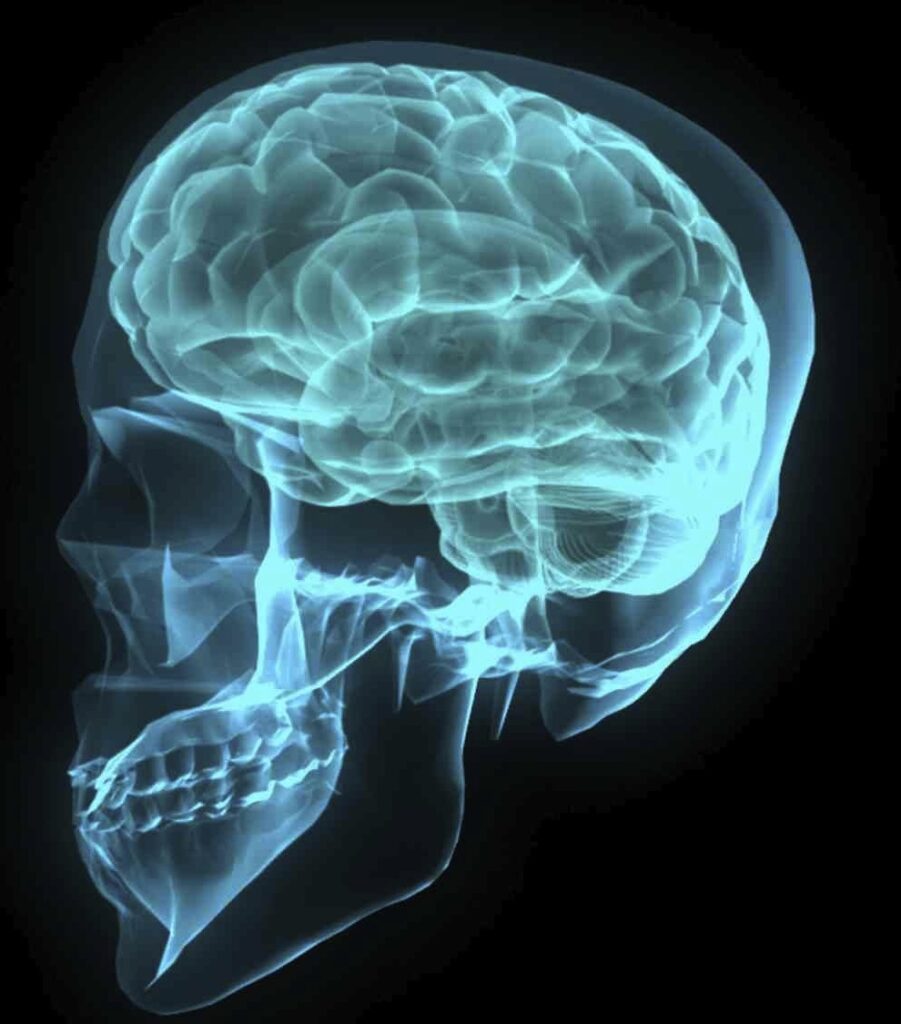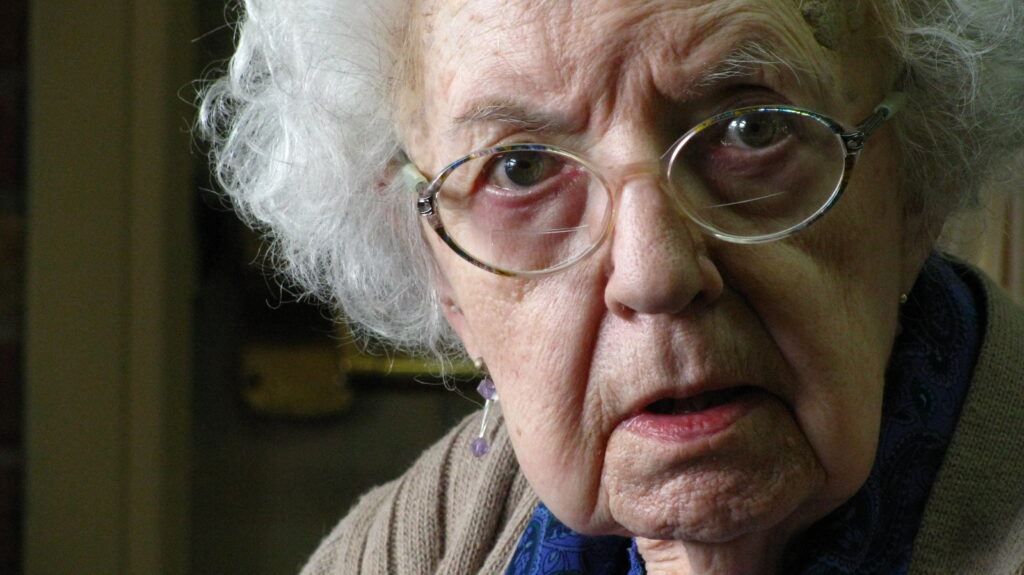Elderly Depression and its Complications
Depression in the elderly leads to poorer health, slower recovery and increased death rates from other illnesses, increased suicides, more physical pain, higher health care costs and lower quality of life. Convincing an elder to seek treatment for depression can be tricky but it can improve their quality of life. Suicide Rates in the Elderly …









